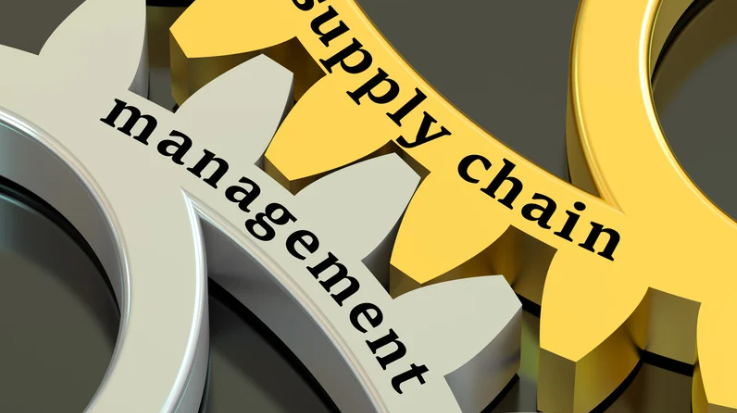
In today’s fast-paced and highly competitive business environment, technology has become a cornerstone of modern supply chain management. The integration of innovative digital solutions is transforming how businesses handle logistics, streamline operations, and enhance efficiency. In this blog post, we will explore the key ways in which technology is reshaping supply chain management and why staying ahead of these advancements is crucial for businesses.
Real-Time Tracking and Monitoring: With the advent of GPS, IoT, and cloud-based platforms, businesses can now monitor their shipments in real-time. This technology provides supply chain managers with up-to-date insights into the location, condition, and estimated arrival time of goods, helping them make proactive decisions and minimize disruptions.
Automation and AI-Powered Operations: Automation and artificial intelligence (AI) are revolutionizing supply chains by optimizing workflows, predicting demand, and automating routine tasks. From robotic process automation in warehouses to AI-driven demand forecasting, businesses are leveraging technology to reduce human error and improve operational efficiency.
Blockchain for Transparency and Security: Blockchain technology is enhancing transparency and security in supply chains by providing an immutable and tamper-proof record of transactions. This ensures accountability, reduces fraud, and builds trust among stakeholders by maintaining a secure and verifiable chain of custody for goods.
Improved Inventory Management: Advanced inventory management systems powered by AI and machine learning help businesses maintain optimal stock levels, reduce waste, and ensure timely replenishment. By utilizing predictive analytics, companies can align their inventory with customer demand, minimizing stockouts and overstocking issues.
Supply Chain Risk Management: Technology enables businesses to assess and mitigate supply chain risks more effectively. AI-driven analytics and predictive modeling help identify potential disruptions, such as supplier failures, geopolitical issues, and natural disasters, allowing organizations to take proactive measures to safeguard their supply chains.
Enhanced Collaboration and Communication: Digital platforms facilitate seamless communication and collaboration between suppliers, manufacturers, logistics providers, and retailers. Cloud-based solutions enable real-time data sharing, improving coordination and reducing delays in the supply chain process.
Sustainability and Green Logistics: Technology is also playing a pivotal role in making supply chains more sustainable. Innovations such as route optimization software, energy-efficient transportation, and AI-powered sustainability tracking help businesses reduce their carbon footprint and adhere to environmental regulations.
Cost Optimization and Efficiency: By leveraging technology, businesses can optimize costs across their supply chains. From predictive analytics to process automation, companies can identify inefficiencies, minimize waste, and improve resource allocation, ultimately enhancing profitability.
